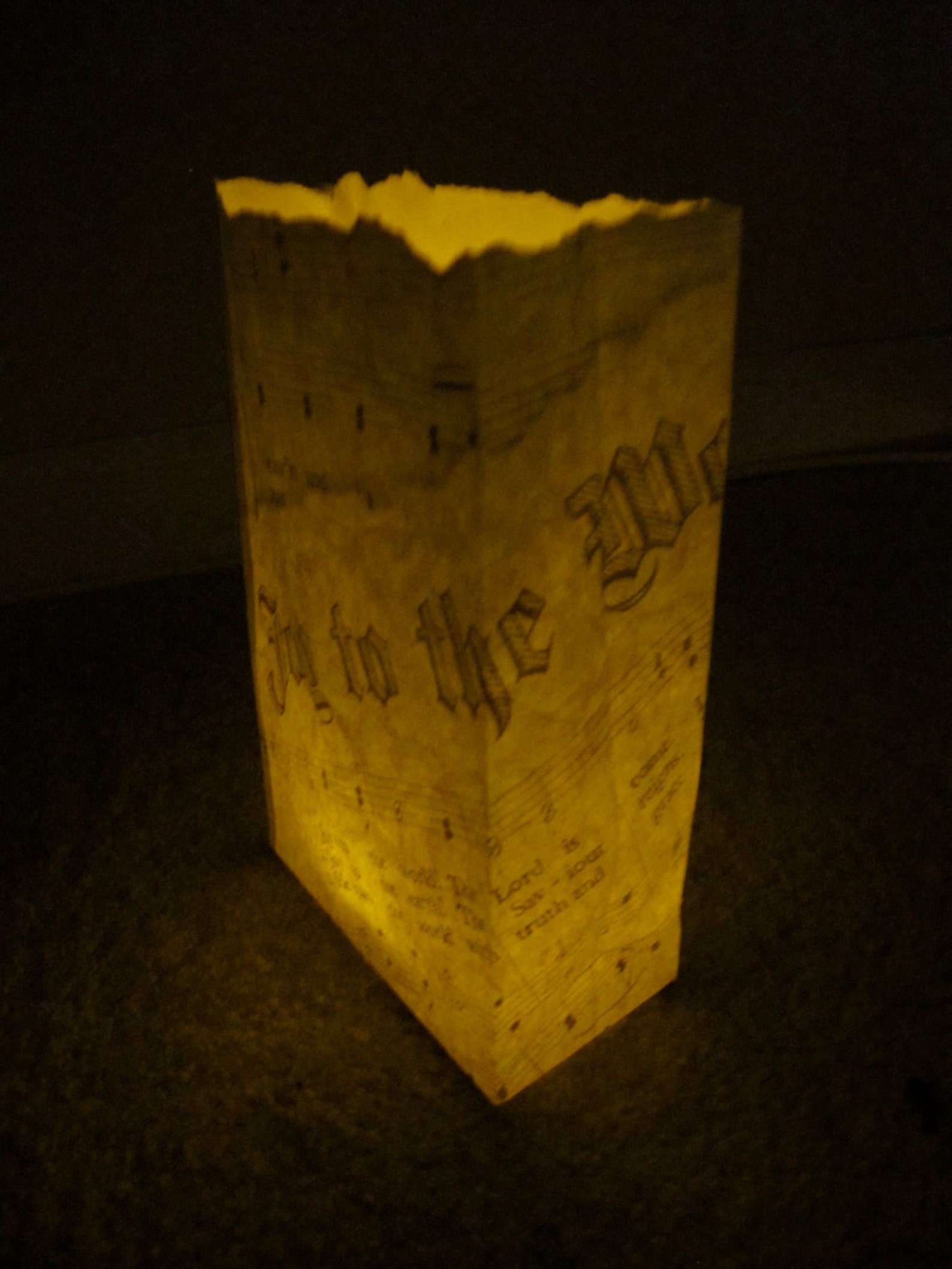
It took the English-speaking world nearly 200 years to rediscover Christmas fully, and it happened largely through the songs. Christmas music swiftly became the yacht rock of the Dark Ages, proliferating in earnest even as it lost all public reputation.

The church-approved carols were in Latin and, in some cases, amounted to arcane doctrinal quibbles set to music. Ambrose, may be the earliest still-extant Christmas carol.) Evidence suggests that people sort of hated these songs. (“ Veni, redemptor gentium,” or “Savior of the Nations, Come,” attributed to the fourth-century Milanese bishop St. The early church did not appreciate these pagan-Christian conversions and answered with hymns of its own. Some of the first contributions were existing, non-Christian carols adapted to the new celebration. 25, that a songbook started to take form.

Although there are accounts of birth-of-Christ hymns being sung in second-century Rome-by order of Christian authorities, not public preference-it was not until the fourth century, when Christmas was formalized as a feast and fixed to Dec. Or, maybe, we are simply not allowed to quaff our nog to any other kind of song.Īn air of false exuberance has been the hallmark of Christmas songs as long as Christmas songs have been around. Maybe we listen to Christmas carols because we want to. It is only right that other holiday ballads should steer clear of these rolling ballistae, just as it is right for members of the populace to question the carols’ high-stepping motives. Handel’s “Hallelujah” chorus, which is actually about Easter, came under Yuletide jurisdiction for the same reason. “Jingle Bells” was composed as a Thanksgiving song but fell, like Carthage to the Romans, when it started to gain traction. (“ Dayeinu,” the Passover song, is thought to be more than 1,000 years old, yet shoppers are unlikely to find it piping over the sound system of Forever 21 anytime soon.) Why? Partly, this unobtrusiveness may be a gesture of self-defense: The Christmas-music empire has in the past been known to undertake bold conquest missions on its own behalf, laying claim to any tune that threatens its hegemony. What few songs flourish elsewhere do so in private, forgoing carols’ wide exposure in favor of smaller, more selective audiences. Any ditties written about Halloween tend, rightly, to collect in the storm drains and the lint filters of our culture. Large group odes are not sung in anticipation of Memorial Day. If a large posse of merrymakers rings your doorbell in the quiet suburban night, there is an equal chance that you should call the cops or offer them a nutmeg-flavored snack.Ĭonsider, too, that Christmas carols have no obvious counterparts among the other holidays.

Carol-singing, like drinking, accounts for a large part of boisterous group behavior in this country. It was apparently decided long ago that we can overcome these demons by frightening them away with feckless vocalization. A quick survey turns up portraits of manic stress release (“ Jingle Bells”), overwrought hallucination (“ Do You Hear What I Hear?”), complex Freudian trauma (“ I Saw Mommy Kissing Santa Claus”), desperate midlife lechery (“ Baby, It’s Cold Outside”), forced enthusiasm (“ It’s the Most Wonderful Time of the Year”), and thinly veiled xenophobia (“ Dominick the Donkey … the Italian Christmas donkey!”).

While other popular tunes arise from passion or desire, heroism or defeat, the Yuletide songbook is a catalog of modest thrills and postindustrial neuroses. Why have Christmas carols stuck around so long-and not just boldly, puzzlingly, recording-career-of-Tom Jones long but centuries, epochs, eons? Consider the bizarreness of the product at hand: At face value, the Christmas carol may be the least captivating style of occasional song. A December without them would be strange and slightly lonely, yet the prospect of their absence tends to be, by one week in, a reason in itself to look forward to the new year. Christmas carols are, if anything, the visiting relatives of the musical world: They show up at the same time every year, stick around a little longer than one might prefer, and set the tone of virtually all family entertainment while they are in town. 1 on the Billboard charts, was to “work with people who had great experiences with Christmas albums.” This may strike some listeners as a quixotic ambition. (From one track: “I don’t want to miss out on the holiday/ But I can’t stop staring at your face.”) Bieber has said that his goal in recording this music, which has already hit No. For an image of the world to come, look to the children: Recently Justin Bieber, the Western world’s choirboy igni ferroque, released his first Christmas album, combining traditional carols-“Drummer Boy,” “Silent Night,” and the like, performed in his signature reedy contralto-with some festive canticles not previously loosed upon the Earth.


 0 kommentar(er)
0 kommentar(er)
